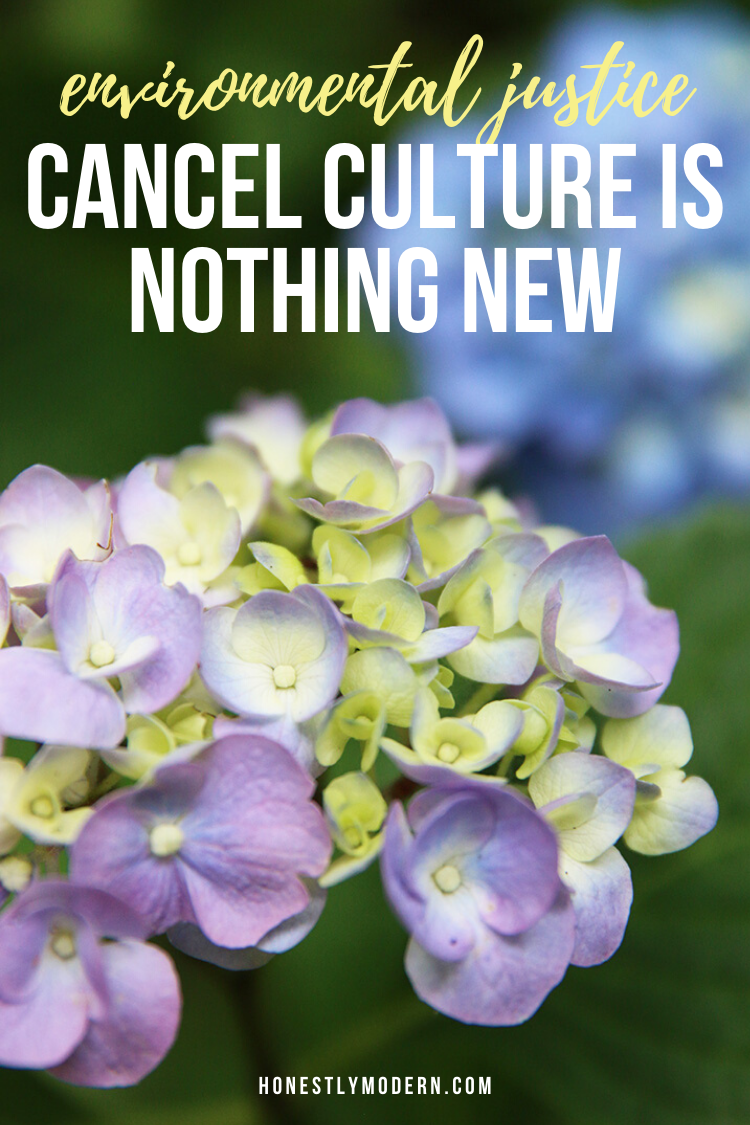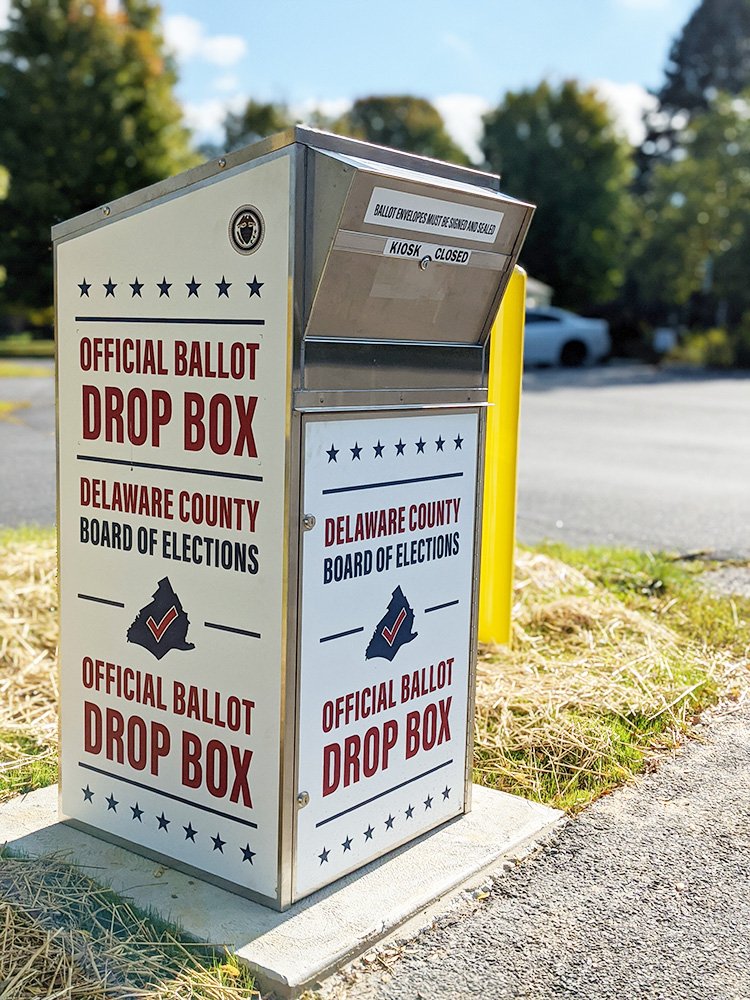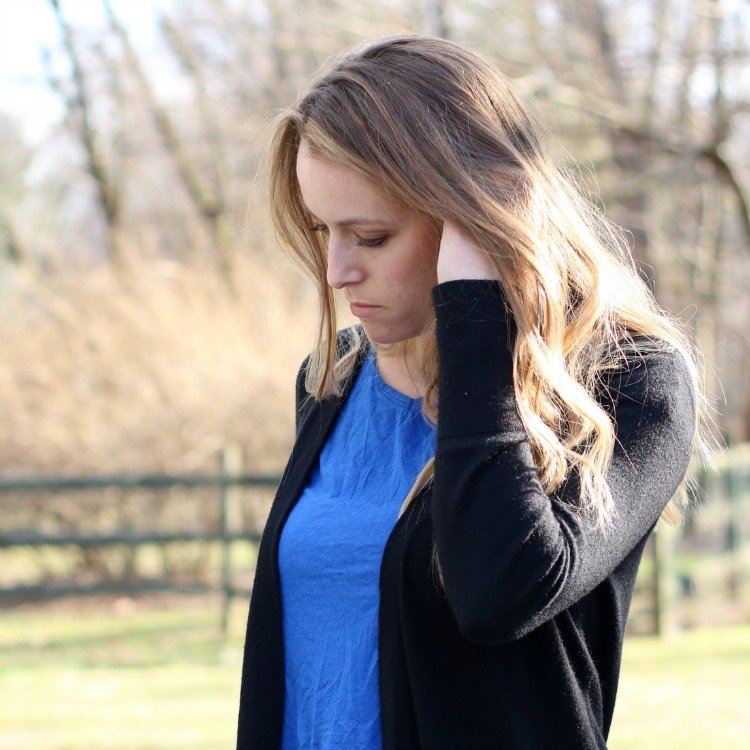Cancel Culture Is Not New
“Cancel culture” is nothing new, so why are we acting like it is? Those in power have written their own version of history as they’d like it to be remembered for ages. That “winners write history” is simply another way of saying that selective erasure (or canceling) of inconvenient truths is built into the fabric of documenting history.
What’s new is that now we’re looking backward to “uncancel” some of the important stories not widely shared about groups of people who have more power today than they’ve had in the past to record their truths for a broader audience.
Further, the erasure of history has had a big impact on environmentalism. Read on for more about why cancel culture isn’t new and why it matters to the health of the planet.

A while back, I made a comment to a friend that our history books are disproportionately filled with white men and the stories that benefit them. This was several years ago. I’m not suggesting my observation was novel or unique, but it was long before our current spike of heightened equity awareness.
The response was a casual “well… those in power write history” as if that was just the way the world worked and there were no other options. His flippant, albeit genuinely honest, remark implied that we must accept this at face value.
As a woman, for example, I must be satisfied that stories of women would just not be front and center in our history books, holidays, and cultural memories. The history of my gender would, in large part, be erased or distorted as the collective “we” (i.e. mostly white men) documented the “relevant” happenings of the time. This narrative plays out much the same for anyone who is not white, Christian, and male in the United States and is most pronounced for non-whites.
History Is Written By Those With Power
Lately, we’ve seen lots of discussions around “cancel culture” in the media, as if it’s something new. Cancel culture is the practice of group shaming a person or entity as a result of a particular behavior in which they were engaged (or accused of being engaged) when that behavior is deemed to be bad or unfavorable by the accusers.
We’ve seen a related version of cancel culture as statues and monuments are taken down of historic figures whose behavior is no longer acceptable under today’s standards. In some cases, it’s debatable whether their behavior was even acceptable in their own time. These people’s “formidable” positions in history are being culturally cancelled through removal of their statues to reflect that their historic actions are objectionable and offensive.
While much has been made of this “new” practice of attempting to cancel or erase well-known people and entities, it’s really nothing new at all. Those with power have been documenting a limited version of history since the beginning of time, and most definitely since the birth of the United States.
Cancel Culture Defines Our History (Books)
Cancel culture is built into the fabric of documenting history. Implicit in the phrase “those in power write the history books” is the notion that stories, victories, and pain of everyone but the winners are erased or greatly diminished.
Our history textbooks and school curriculum are disproportionately filled with accomplishments of white men. They ignore, significantly minimize, or even distort the presence of just about everyone else, often for the benefit of the reputation of those in power.
This is so much the case that when I pointed this out to another friend a year or so ago, he responded with some iteration of “isn’t that because white men did most of the important things that influenced our country today?”
This comment wasn’t intended to be rude or insensitive. It’s the norm because currently, that is exactly what our history books tell us. But for doing our own deep research, our culture and education system give us no reason to believe otherwise.
The white, Christian, men who wrote our history books have accomplished their goal of telling history through the lens of Eurocentric patriarchal dominance precisely by erasing or minimizing the lives, accomplishments, and cultures of everyone else. The stories we are told intentionally reinforce a narrative designed to protect the power of whiteness and the patriarchy.
So why then are we acting like cancel culture or selective erasure of history is some new phenomenon of 2020? I believe the answer is still about power.
Reckoning With “Uncancel” Culture
Especially as we discuss taking down statues and monuments, our current reckoning isn’t that of canceling or erasing history. On the contrary, we are going back to learn more about the whole history and to “uncancel” the narratives that were ignored, distorted, and intentionally left out in the first place.
We have reached an inflection point where rewriting our history books to include the stories that have been left in the shadows is becoming mainstream. It’s time to revise the fictionalized narratives that have served only those in power. Taking down statues and revising the reputations of past “heroes” is simply painting a more accurate and thorough picture of what our history held for everyone, beyond glorified accounts of white men.
Removing Statues Doesn’t Erase History
Removing statues to no longer celebrate someone does not entirely erase a person from history. It simply changes our perspective on their role in history. We can remove a person’s hero status without erasing them entirely from textbooks and museums.
Removing statues and choosing to celebrate new heroes won’t diminish the impact of their accomplishments nor the pain they caused when alive. With respect to many of the statues being removed today, remnants of the pain those “heroes” caused still lingers in the form of continued inequity, prejudice, and oppression.
But choosing to celebrate a more diverse cast from history and focusing on people whose efforts are still culturally relevant and appropriate today lays the foundation for our future. It sets the tone about our priorities today that have and should continue to become more just with each passing day.
We have more than enough heroes in our history whose work is worthy of praise by today’s standards. We won’t run out of historical heroes if we stop actively celebrating those whose “accomplishments” no longer serve us.
Obviously, we don’t need statues of Hitler to understand his impact on the world. We can read about Robert E. Lee as a leader of the Confederate army without a statue that implies his efforts and intentions to perpetuate slavery are still worthy of uplifting.
Columbus Discovering America Cancels Indigenous Contributions and Culture
We don’t need statues of Christopher Columbus purporting that he “found” America in order to recognize his impact related to connecting Europe with The Americas.
In fact, suggesting he “found” America is precisely canceling the existence of Indigenous cultures who spent thousands of years in what became the Americas long before Columbus sailed the ocean blue.
Columbus didn’t find these “new” places but instead discovered that Indigenous people were already there and living out their rich culture. This distinction is ignored because it highlights the reality that Europeans stole land from Natives and committed genocide through their efforts to colonize the Americas.
By highlighting the distinction between discovering the land and discovering that the Indigenous people already lived on the land, we must acknowledge the damage done to Indigenous communities at the hands of whiteness. When we acknowledge this distinction, we “uncancel” the destructive narrative our Eurocentric, patriarchal history books conveniently left out.
The glorified Christopher Columbus story of the unfettered discovery of “new” land is but one example of how “cancel culture” and erasure of history persisted long before the cultural revolution we’re currently experiencing.
Shifting Power Changes Historical Narratives
While cancel culture is nothing new, I believe we have a slow but persistent shift in power as well as political and social capital that is far from complete but well underway that is changing what stories are erased or obscured.
According to Black Demographics, of the 100 largest cities in the country, 39 have had elected black mayors. The Pew Research Center noted that 22% of Congress is non-white, resulting in the most racially and ethnically diverse Congress in history. Black Americans are more educated, more connected, and filling more professional roles in a variety of industries than ever before.
This progress is relative. White people, and white men specifically, still have a stronghold on power in the world. But it’s slowly shifting toward others. As that power shifts, so does the ability to inform the narrative in history books.
Those with power still write history, but the makeup of who has power is changing. Consequently, a wider variety of people are fighting to tell today’s stories and “uncancel” their stories from history. They strive to rewrite a more complete version of history that isn’t so self-serving to primarily white, Christian, men.
Let’s stop pretending cancel culture is novel. Selective erasure has been a defining habit of writing history for centuries, and right now, history’s pens are in the hands of more than white men.
Why Environmentalism Cares About Cancel Culture
Our history books have primarily documented the stories of colonialism and capitalism through the lens of whiteness and patriarchy. Through this editing process, we’ve lost the stories of Indigenous groups and other marginalized communities, many of whom had much closer and more reciprocal relationships with Mother Nature.
As history has ignored and diminished the wisdom of Indigenous and other marginalized communities, we’ve lost so much knowledge about how to effectively take care of the planet in a way that also supports long-term human well-being.
Our Relationship With Land and Ecosystems
For much of modern history, white people (the people who have held power) have had an extractive relationship with the land and the environment. We claimed ownership and took what we wanted with little recourse or thought to give back what we took from the Earth or the people who lived on the land before us.
Many other cultures, however, especially those most marginalized today, such as Indigenous communities, have long held mutual respect for the land that resulted in many symbiotic relationships between people, the planet, and all living things on Earth.
In her book, Braiding Sweetgrass: Indigenous Wisdom, Scientific Knowledge, and the Teachings of Plants, author Robin Wall Kimmerer, highlights many of her experiences growing up that instilled in her a respect for nature and an understanding that she must develop a relationship with plants and animals that benefits humans as well as the Earth and the ecosystem. She learned these lessons through her culture as a member of the Citizen Potawatomi Nation.
Black people have also held deep relationships with the land on which they lived and relied. Furthermore, as enslaved people, they cared for the land for centuries for the benefit of others and at significant expense to their own culture, families, and well-being.
In her book Farming While Black, author Leah Penniman discusses how African-heritage cultures historically discovered, developed, built cultures around, and shared sustainable agriculture practices, traditional and plant-based medicines, special crops, and much more related to farming. She offers many examples of the ways that Black people maintained resourceful and respectful relationships with the land on which they lived.
Indigenous and Black communities took care of the land in regenerative ways that reciprocated the benefits they received from the land. These mutual and respectful relationships resulted in healthier ecosystems and communities.
As white people have attempted to cancel these cultures that incorporate symbiotic care of and from Mother Nature, so too have we lost much of the wisdom, skills, and regenerative practices that could help us return to a more balanced and healthy ecosystem fostering thriving and restorative communities today. Instead, colonial and capitalist dogma have directed the destruction of our environments and excessive extraction of resources for the short-term human benefit at the expense of the long-term well-being of the Earth and humanity.
As we reflect on the perils of our planet today, maybe it’s time to cancel some of the extractive, capitalist, and self-centered culture that has destroyed our planet and “uncancel” or restore parts of a more communal culture reflective of the relationships Black and Indigenous people have fought to maintain with the land for centuries (if not more).
Many history books ignore these cultures that could be beacons for how to address our current environmental despair. We aren’t going to return to the lives people led centuries ago, but we could incorporate more regenerative living principles into our lives, our economy, and our societal structures.
Restoring the Wisdom and Sharing the Stories To Protect Our Planet
As we reckon with movements for justice and equity for all, we will most certainly reflect on the stories we’ve carried through history. Creating a more just and equitable society today will require revisiting the histories on which we have relied in the past to inform our future.
We have many reasons to promote and encourage more thorough and accurate versions of history to rise to the forefront of our textbooks and mainstream knowledge. As a proponent of being better stewards to our environment, I hope that we can “uncancel” some of the regenerative and Indigenous cultural wisdom and practices that have been left out of our capitalist and colonial histories. I hope we can take advantage of the wealth of knowledge that didn’t serve capitalism or colonialism but benefits environmentalism and a movement for a more regenerative relationship with our planet and all the creatures that inhabit it.
If You Like This Post, You Might Also Like
The Importance of Grandparents and Community
10 Principles Of A Climate Resilience Garden
What is Regenerative Living for Modern Families?










Brilliant, thank you & shared
Thank you!
Hi There,
Incredible, you’ve just put into words what has been swishing around in my head for the last two years, but was unable to put it out there in the public domain.
You are a diligent observer and obviously very well read. I will certainly share this blog in order that others can take a wealth of information from it.
Only last week, I was discussing cancel culture with my black history lecturer and I gave him and the other students my analogy of what it was. He was very appreciative of my thoughts and stated how eloquently presented they were.
Thank you for sharing such valuable information and thoughts with such clarity on such a misunderstood subject.
Thank you so much for your kind words. I really appreciate it, and I’m glad this resonated with you.